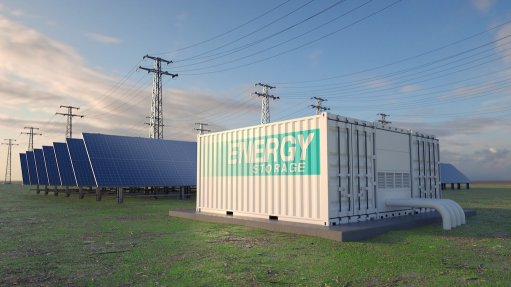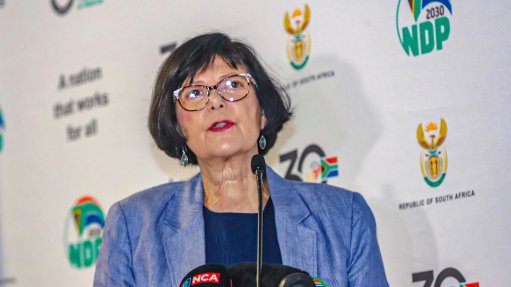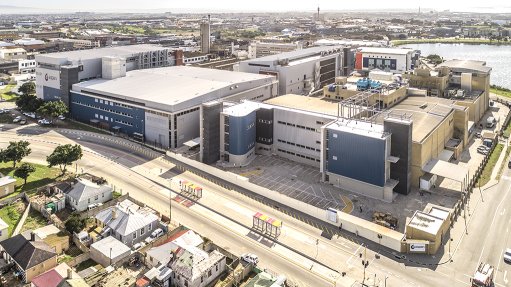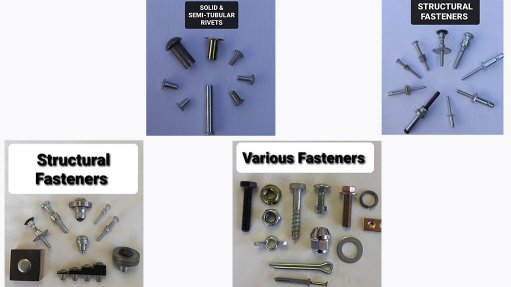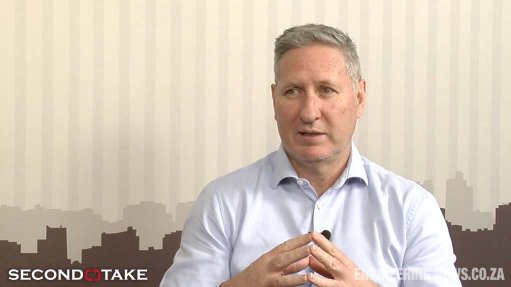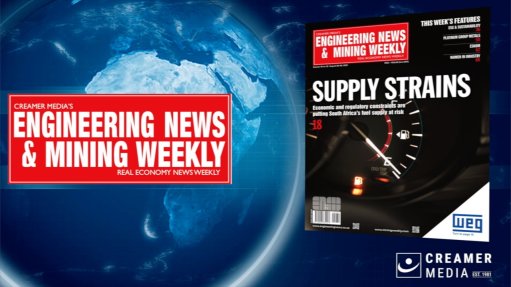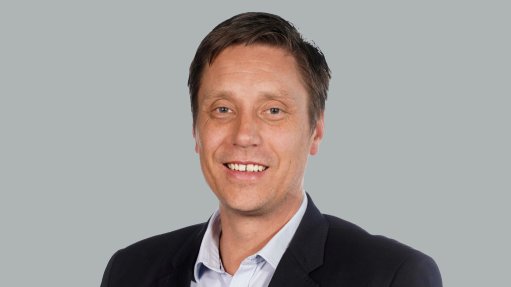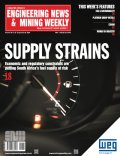Coal to remain relevant for decades

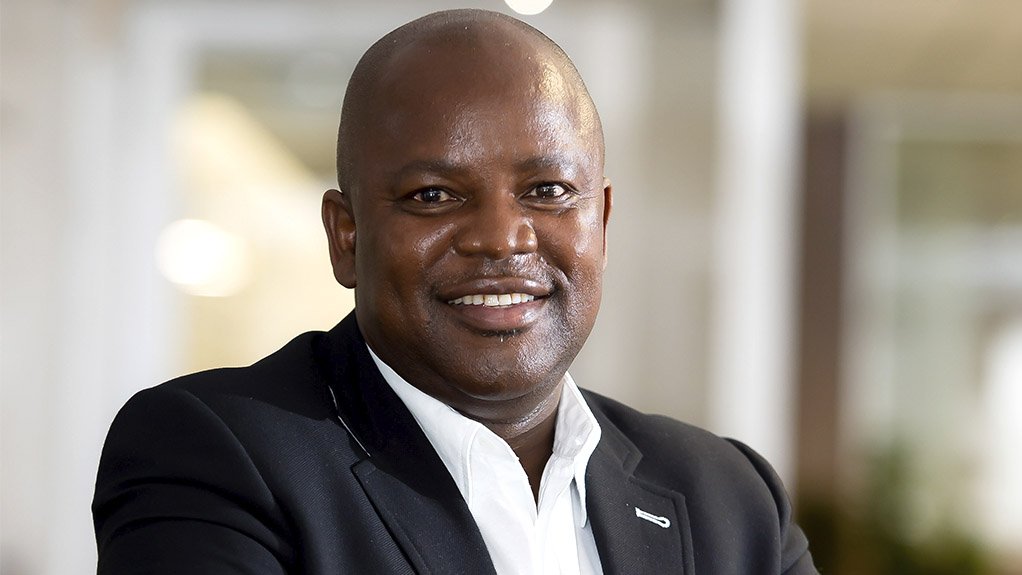
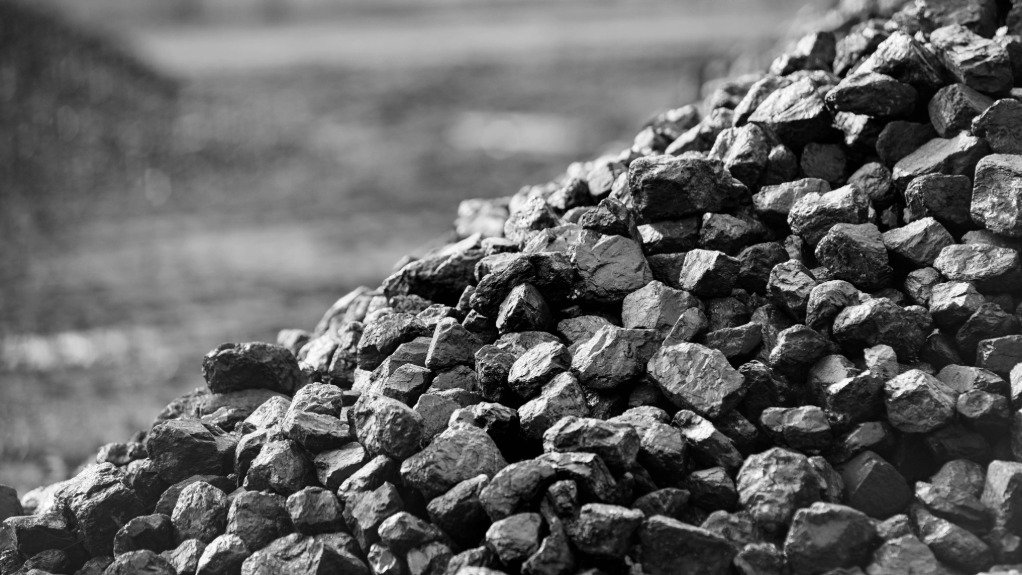
JULY NDLOVU Coal remains the cheapest, most abundant and reliable source of energy
HEAPS OF DEMAND Limited investment in new coal mines might affect South Africa's ability to meet future export demand
Coal will continue to be relevant for decades to come, owing to its continued use in developing countries in Asia and Africa, says coal producer and exporter Thungela CEO July Ndlovu.
Ndlovu is also the chairperson of coal representative organisation FutureCoal – previously the World Coal Association.
Speaking at the 2024 Coal and Energy Transition Day, held in July at The Country Club Johannesburg, he noted that, despite yearly predictions of coal’s imminent decline, the industry persisted.
Coal use is continuing in developing economies, where the combined population of nearly one-billion people is in varying levels of poverty and without access to clean energy.
The governments of such nations argued that they had a “sovereign right to choose the energy source that makes sense”, with coal viewed as essential for moving out of poverty and towards reliable energy access, he explained.
“In developing economies, coal remains the cheapest source, the most abundant source of energy, the most reliable source of energy.”
Ndlovu added that he was in “a unique position”, as he could share facts gathered from discussions with coal users and governments, including those phasing out coal, to present an accurate overview to inform future policy.
In this vein, he highlighted a growing divide between northern hemisphere nations and southern hemisphere nations regarding coal, noting that while coal use was rapidly declining in Western Europe, Eastern Europe continued to not only depend on it, but also import large volumes.
The focus was often on, for example, Germany and the UK when evaluating coal consumption, while countries such as Hungary, Poland and Turkey, which still mine and rely on vast volumes of coal, were ignored.
He added that while various countries were phasing out coal, the commodity was being replaced mostly by gas power generation as opposed to wind and solar, with gas plants supplying more energy than wind power plants in Europe.
Ndlovu also asserted that a future without coal was unlikely and, consequently, FutureCoal aimed “to tell the story of those who continue to view coal as essential”.
This aim also encompassed defending the coal industry, along with presenting an authentic narrative to ensure that the reality of coal’s continued role in the energy mix was acknowledged as related policies were developed, thus allowing for more responsible choices.
Investing in the Future
Ndlovu acknowledged that discussing technologies to mitigate the worst effects of coal, such as carbon capture, use and storage, could evoke strong emotions and skepticism.
However, he highlighted the long development times of wind turbine power plants, solar PV panel manufacturing and nuclear power plants, noting that all such technologies and infrastructure required time and investment.
Once the various stakeholders committed to addressing challenges, such as carbon emissions, progress could be made, but such endeavours would require investment, he added.
“When society and humanity decided that it was worth paying the price to get these technologies to work to solve humanity’s problems, they were subsidised and more of them were built. The sooner we realise that mitigating the worst effects of carbon emissions is something that we’re going to have to pay for and start investing in these technologies, the better off future generations are going to be,” he said.
Technology Progression
Addressing concerns raised about the urgency of implementing clean coal technologies, Ndlovu pointed to China’s significant investment in high-efficiency, low-emission coal technologies, as well as coal-to-chemicals and coal-to-liquids plants fitted with carbon capture technologies.
Although such technologies require investment, the costs will gradually decrease and therefore, Ndlovu is confident that, given the challenges associated with coal and the reliance on coal in emerging economies, these technologies can become mainstream within the next decade.
Addressing the future of coal in South Africa and its role in exports, Ndlovu said that despite some ageing domestic coal power stations possibly shutting down over the next 50 years, a market for coal exports would remain, particularly for regions such as Asia.
However, he highlighted the limited investment in new coal mines, owing to restricted access to capital as investors shy away from the commodity, which might affect South Africa’s ability to meet future export demand.
“Whilst there’s going to be an export market, whether South Africa will be able to supply into that market is going to depend on whether we’re able to extend the life of our mines.”
Nonetheless, Ndlovu affirmed that coal would remain part of the energy mix and called for open discussions on the role of all energy sources, stressing the importance of making responsible choices for future generations.
Progress must be achieved responsibly, ensuring fairness and inclusivity, he concluded.
Comments
Press Office
Announcements
What's On
Subscribe to improve your user experience...
Option 1 (equivalent of R125 a month):
Receive a weekly copy of Creamer Media's Engineering News & Mining Weekly magazine
(print copy for those in South Africa and e-magazine for those outside of South Africa)
Receive daily email newsletters
Access to full search results
Access archive of magazine back copies
Access to Projects in Progress
Access to ONE Research Report of your choice in PDF format
Option 2 (equivalent of R375 a month):
All benefits from Option 1
PLUS
Access to Creamer Media's Research Channel Africa for ALL Research Reports, in PDF format, on various industrial and mining sectors
including Electricity; Water; Energy Transition; Hydrogen; Roads, Rail and Ports; Coal; Gold; Platinum; Battery Metals; etc.
Already a subscriber?
Forgotten your password?
Receive weekly copy of Creamer Media's Engineering News & Mining Weekly magazine (print copy for those in South Africa and e-magazine for those outside of South Africa)
➕
Recieve daily email newsletters
➕
Access to full search results
➕
Access archive of magazine back copies
➕
Access to Projects in Progress
➕
Access to ONE Research Report of your choice in PDF format
RESEARCH CHANNEL AFRICA
R4500 (equivalent of R375 a month)
SUBSCRIBEAll benefits from Option 1
➕
Access to Creamer Media's Research Channel Africa for ALL Research Reports on various industrial and mining sectors, in PDF format, including on:
Electricity
➕
Water
➕
Energy Transition
➕
Hydrogen
➕
Roads, Rail and Ports
➕
Coal
➕
Gold
➕
Platinum
➕
Battery Metals
➕
etc.
Receive all benefits from Option 1 or Option 2 delivered to numerous people at your company
➕
Multiple User names and Passwords for simultaneous log-ins
➕
Intranet integration access to all in your organisation








